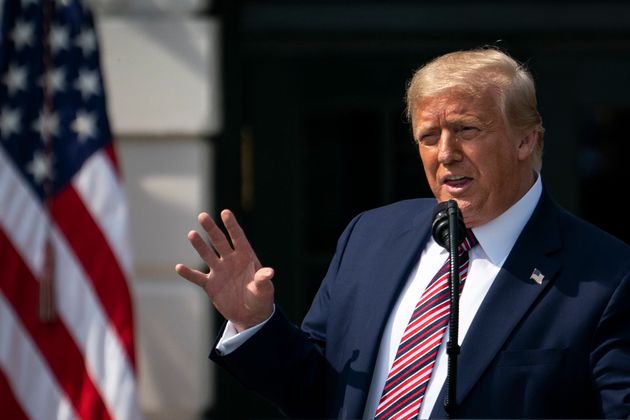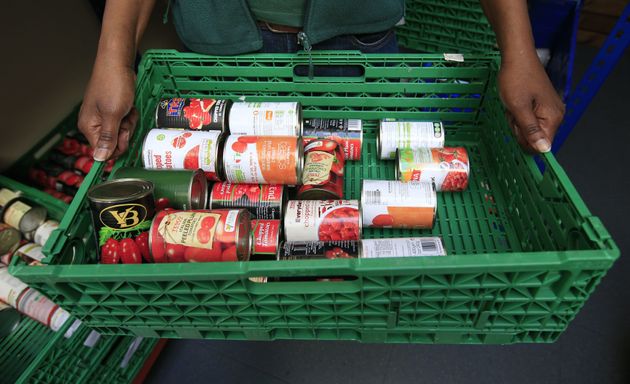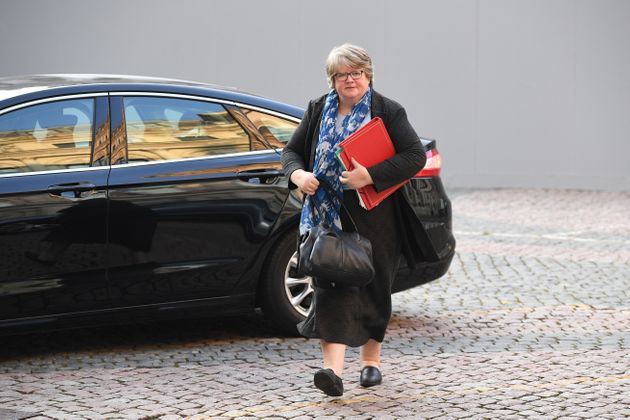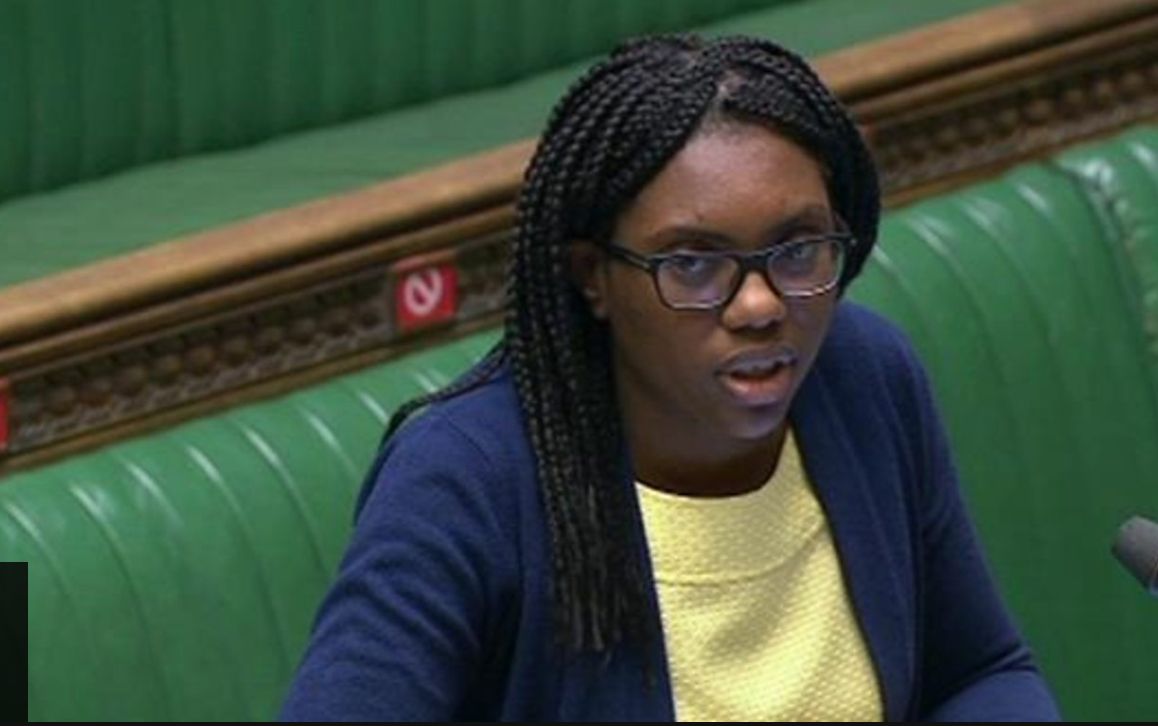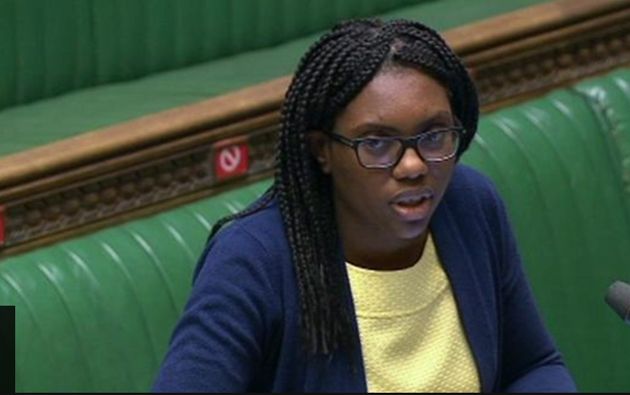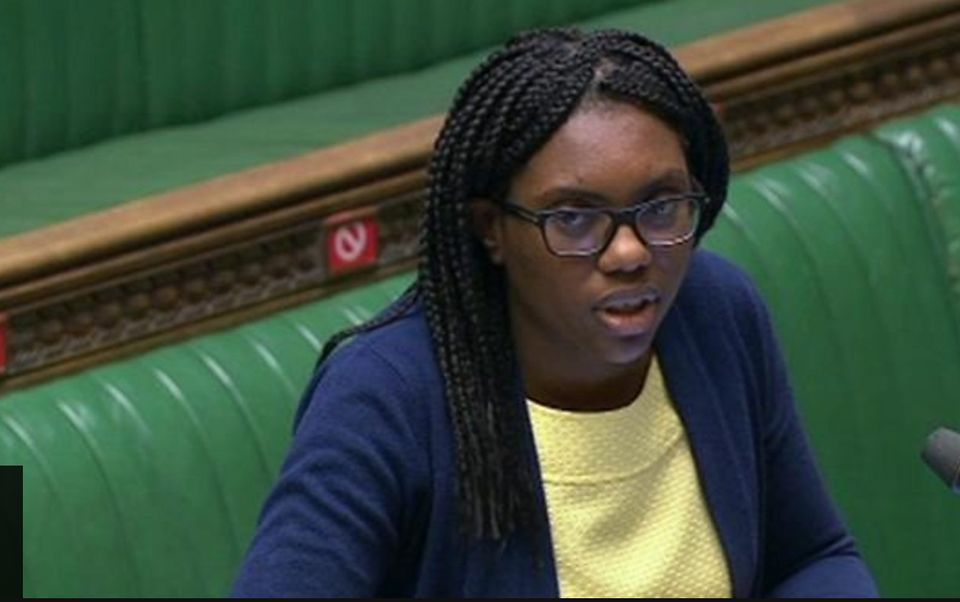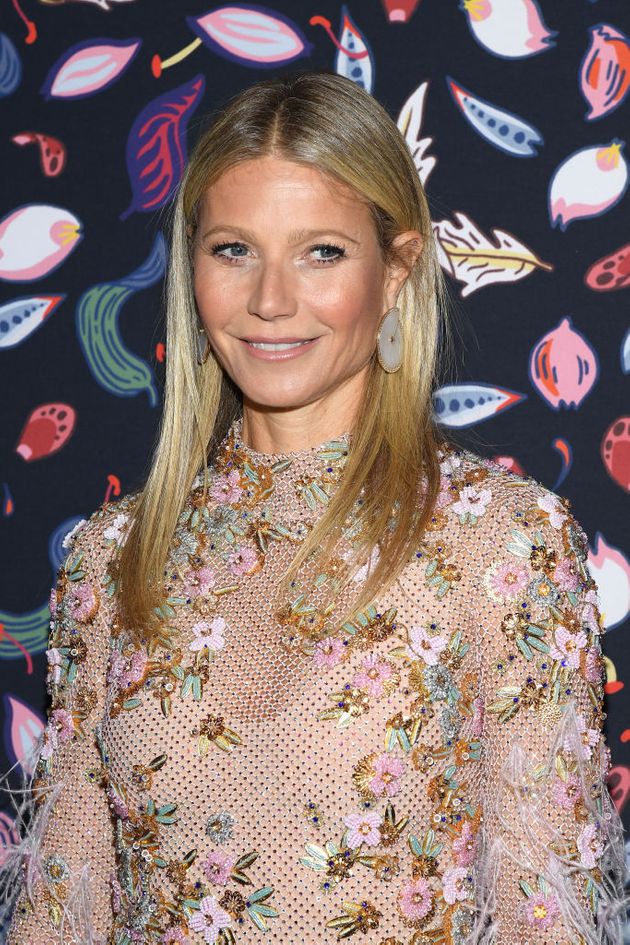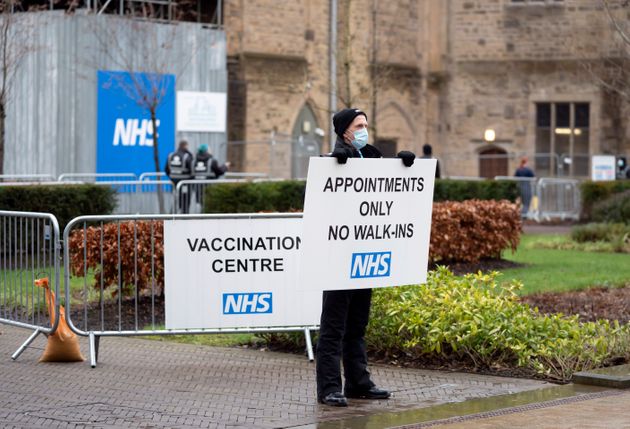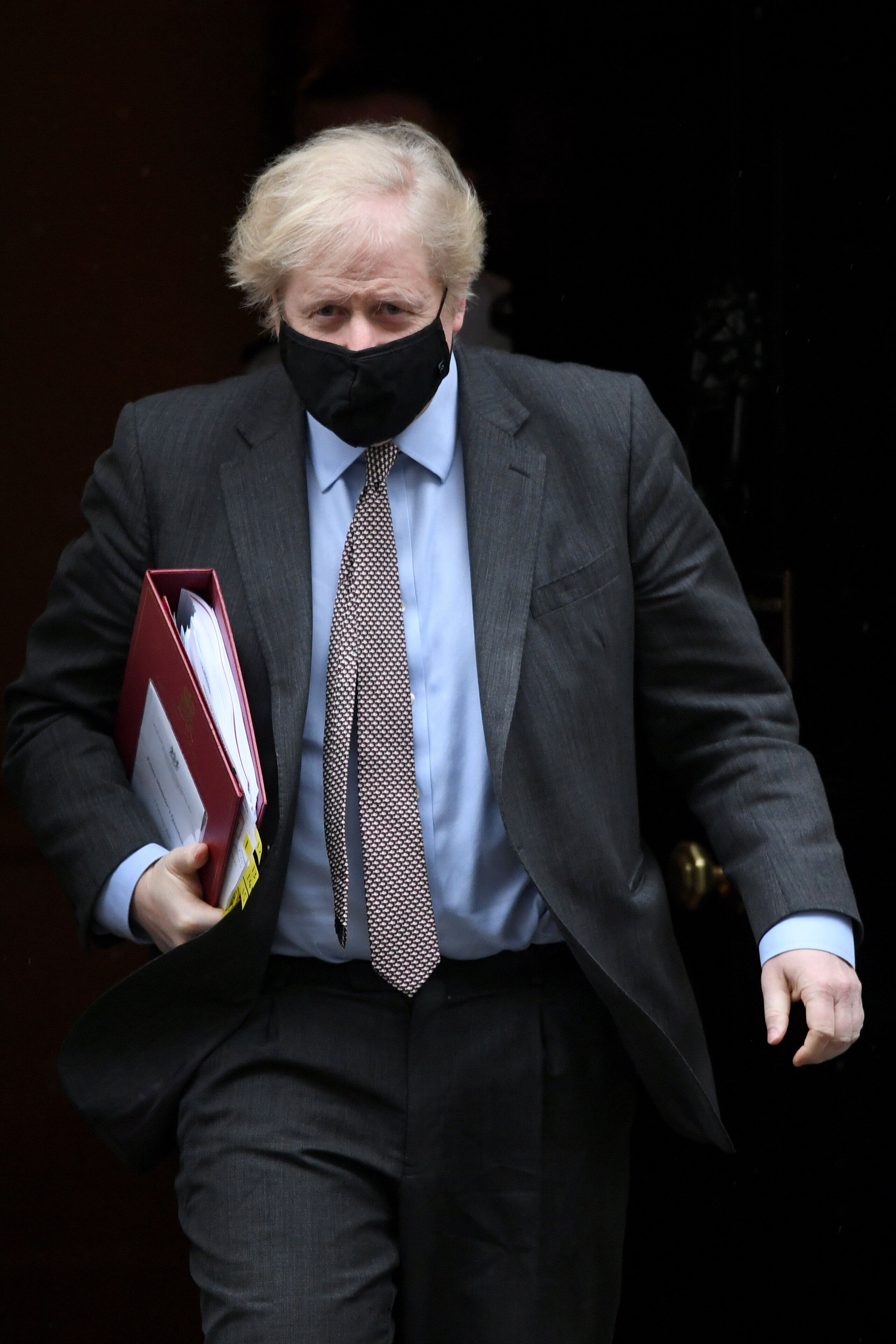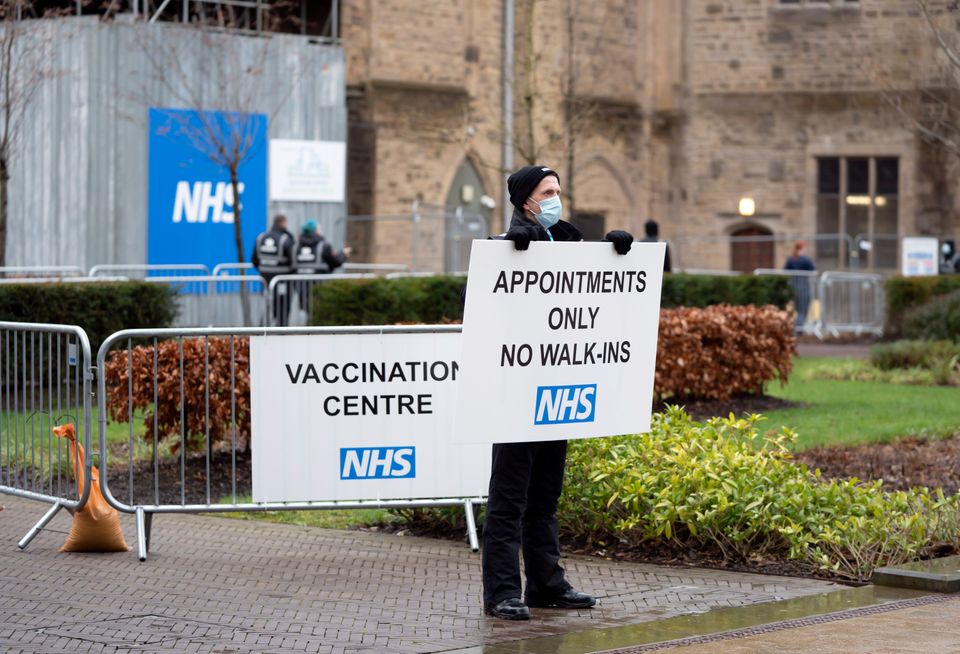
Boris Johnson has said he moved “as fast as we could” to impose strict border controls, as health officials hunt for a person in the UK infected with a Brazil variant of Covid.
The prime minister said the government’s hotel quarantine programme, introduced on February 15, was “a very tough regime”.
The variant, known as P1, was first identified on January 10 in people arriving in Japan from Brazil and is thought to have originated in the Brazilian city of Manaus.
On January 14 the government banned travel to the UK from Brazil and other South American countries.
British nationals were still allowed to return but had to isolate for 10 days at home.
On January 27, the government announced plans to force arrivals from a “red list” of 33 countries, including Brazil, to quarantine in hotels.
But it did not come into force until 19 days later.
Public Health England (PHE) has found six UK cases of the P1 variant in the UK.
But one of the infected people, who was thought to have been tested on February 12 or 13, has yet to be identified.
Asked on Monday if the government had been too slow to implement quarantine hotel measures. Johnson said: “I don’t think so, we moved as fast as we could to get that going.
“It’s a very tough regime. You come here, you immediately get transported to a hotel where you are kept for 10 days, 11 days.
“You have to test on day two, you have to test on day eight, and it’s designed to stop the spread of new variants while we continue to roll out the vaccination programme.
“We don’t have any reason at the present time to think that our vaccines are ineffective against these new variants of all types.”
The prime minister said PHE did not think the cases of the variant were a “threat to the wider public”.
Nick Thomas Symonds, Labour’s shadow home secretary, said the situation showed “unforgivable incompetence” from the government.
“Despite being warned time and time again, they have failed to act to protect our borders against emerging Covid variants and could put at risk the gains from the vaccine,” he said.
“People will be appalled to hear someone with the Brazilian variant cannot be identified, raising questions about how many others may have been missed by quarantine measures.
“There is no excuse for continuing to ignore Labour’s call for a comprehensive hotel quarantine system.”
Labour has demanded a blanket approach that would see all arrivals placed into hotel quarantine, not just those from a limited number of countries.
MPs were told last week that only 1% of people arriving in the UK every day are required to isolate in hotels.





